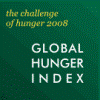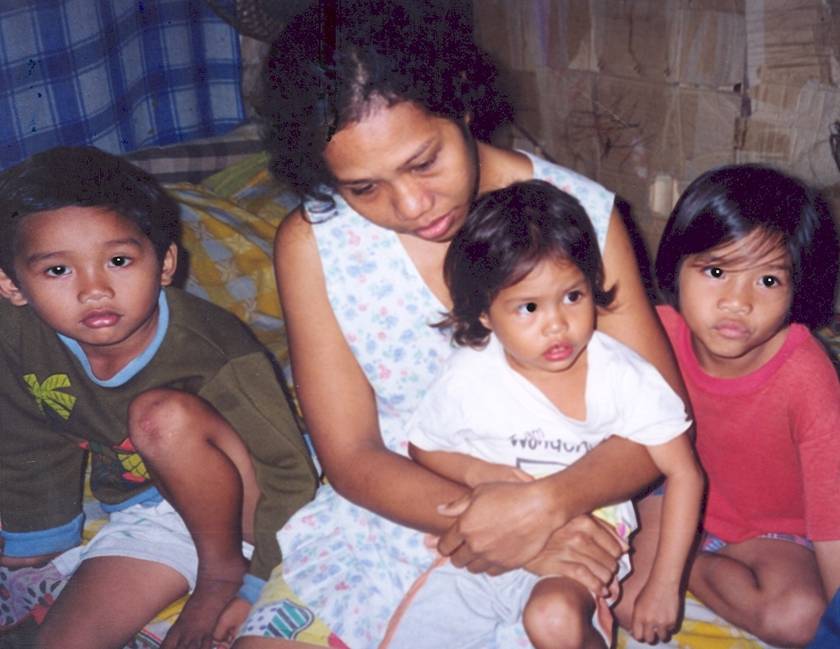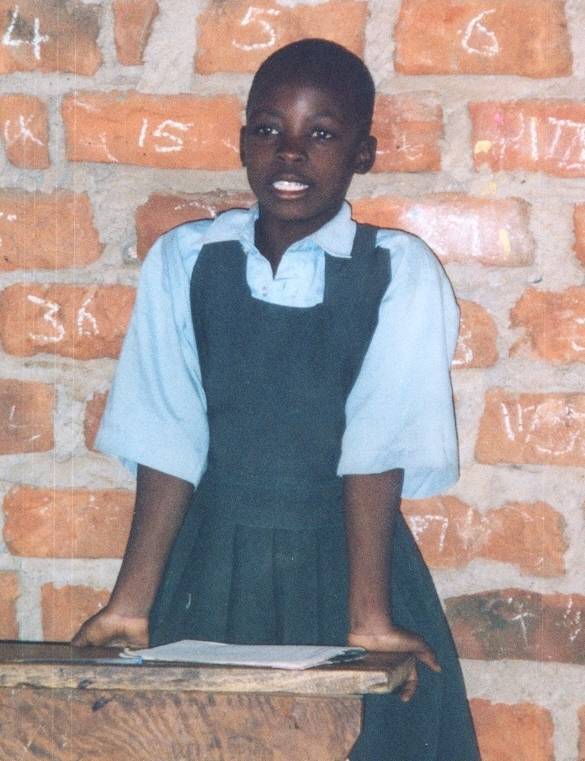What Does Gender Have to Do with Hunger?

What Does Gender Have to Do with Hunger?
2009 Global Hunger Index
For World Food Day 2009, the International Food Policy Research Institute presented compelling new research that confirms strong links between gender inequality and global hunger. IFPRI's 2009 Global Hunger Index focuses specifically on gender and the economic crisis--and makes the provocative argument that food or economic policies aimed at struggling nations must also include gender equality policies to be truly effective.

View Larger >
© Michael Rubinstein/IFPRI
On October 14th, 2009, the International Food Policy Research Institute (IFPRI) released its fourth annual Global Hunger Index in support of World Food Day. The Global Hunger Index calculates global hunger by tracking the state of hunger in 121 countries. Not surprisingly, countries with the highest hunger index numbers are those areas, such as Sub-Saharan Africa, that have suffered violent conflict, giving way to widespread poverty and food insecurity. IFPRI also uses past reports to track trends and identify policy changes, national and regional programs and environmental shifts that are affecting global hunger.
This year's report, "The Challenge of Hunger 2009," looks at global hunger through two specific lenses: the current financial crisis and gender. According to IFPRI, countries with already high rates of hunger were hardest hit by the economic crisis, which pushed hunger rates even higher. Because developing countries are now closely integrated with world markets through trade and investments , they are much more vulnerable to global fluctuations. According to IFPRI, three factors have the largest effect on the budget of developing countries : decreased world trade and changes to trade terms, falling foreign direct and indirect investment and drops in remittances (money sent to home countries by those who have migrated abroad for work). Each of these, however, impact individual countries and regions differently and to varying degrees. Declining terms of trade for example, hurt countries that rely heavily on exports, while lower remittances will affect Latin American countries more severely. IFPRI points out that second-round effects of the financial crisis--such as downturns in non-agricultural sectors of the economy and drops in government revenues--are further magnifying the impact on the poor and increasing hunger.
IFPRI also found indisputable links between high rates of hunger and gender inequity. This year's Global Hunger Index includes a Gender Gap Index, which looks at four dimensions of well-being: economic participation and opportunity, educational attainment, health and survival, and political empowerment. Together, the Global Hunger Index and Gender Gap Index demonstrate that addressing gender inequalities is crucial to reducing hunger. One IFPRI study explored the relationship between women's status--their power relative to men in their households and communities--and children's nutrition in a total of 39 countries in three developing regions: South Asia, Sub-saharan Africa, and Latin America and the Caribbean. The study found that women's status significantly affects children's nutrition because women with a higher status have better nutrition, are better cared for and provide higher-quality care for their children.
IFPRI estimates that because of the recession, decreases in global investments such as agriculture will push as many as 16 million more children into malnutrition by 2020. Because malnutrition affects children's physical and cognitive development and has implications for their adult earning potential , the crisis will have long-lasting negative implications for people's economic prospects long after the food prices drop and the recession is resolved.
In most of the developing world, women have fewer resources and face more barriers to economic participation than men. IFRPI research found that reducing gender disparities in key areas--such as health and education--is essential to reducing hunger. One study showed that female education has a much larger impact on poverty than other factors, including male education. Reducing barriers to market access for women, increasing women's control over productive assets and adopting policies that improve income-earning abilities and opportunities for women in developing countries (such as the reformation of property rights) have an enormous impact on hunger for women and men alike.
By linking gender disparities to the goal of creating effective strategies and policies for improvement, IFPRI is building the case that helping women not only pulls a country out of poverty and hunger, but also helps secure a better life for future generations.
IFPRI looks closely at countries on both the positive and negative ends of the spectrum, pointing to policies and practices that have succeeded over time as well as those that are failing with dire consequences. For example, Sri Lanka stands out among South Asian countries as having low Hunger and Gender Gap Index numbers relative to the region's very poor overall numbers. Possible explanations for Sri Lanka's better standing are its universal food programs, early emphasis on universal education and quality reproductive health care, considered the best in the region. By way of contrast, Chad has the fifth highest level of hunger worldwide and is second highest in gender inequality. Educational inequalities in Chad are pervasive, with a literacy rate of 13 percent among women compared to 41 percent among men. IFPRI asserts that women's low status in Chad is to blame for high fertility rates, extremely low rates of contraceptive use and high rate of maternal death, all of which can also result in increased rates of hunger.
In releasing the Global Hunger Index each year, IFPRI aims to provide policy solutions that reduce poverty and end hunger and malnutrition. Reducing global gender inequality is fundamental to this mission, particularly in these economically challenging times. The 2009 Global Hunger Index shows us who is being hit hardest by the economic crisis and the correlation with gender inequality. But IFPRI's report also shows us several clear avenues to reducing hunger: improving women's educational attainment, economic participation, health issues and political empowerment. The report highlights many successful interventions that have already been initiated and are leading to success.



